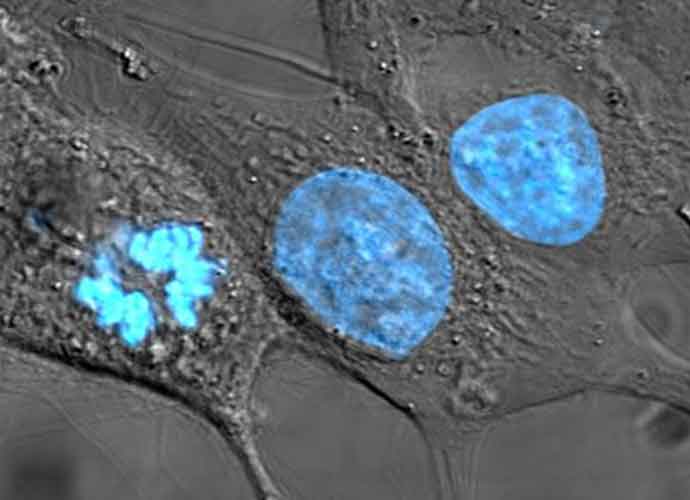First Human-Pig Embryos Created, Paves Way For Development Of Human Organs
Scientists have long been attempting to grow human organs in animal bodies as a way to provide transplantable hearts, lungs, kidneys and other organs for patients in need. As of Thursday, they seem to be one step closer to attaining this ambitious goal.
Through the use of stem cell technologies, researchers generated human cells and tissues in the embryos of pigs and cattle. Their work appeared in the journal Cell.
Despite this significant achievement, there is still much work to be done before a fully-formed human organ can be developed inside an animal.
Dr. Jun Wu, the first author of the research and scientist in the gene expression laboratory at the Salk Institute, explained the difficulty of the task at hand.
“Species evolve independently, and many factors dictating the developmental programs might have diverged, which makes it difficult to blend cells from one species to a developing embryo from another,” Wu said. “The larger the evolutionary distance, the more difficult for them to mix.”
Senior author Juan Carlos Izpisua Belmonte, a professor in Salk’s gene expression laboratory, described the challenge of their mission, “To try to imitate nature is not that easy.”
The human cells the scientists grew made up only a small portion of each pig embryo, and the embryos were grown for just a few weeks, before being destroyed.
Such human-animal research has raised ethical concerns.
“In particular, people were concerned about human cells populating the brain of the animal or the germline of the animal,” said Carrie D. Wolinetz, the institutes’ associate director for science policy.
“If you up the biological contribution of the human stem cells, are you also somehow turning them morally into a human-like thing with human rights?” posed Insoo Hyun, an associate professor of bioethics and philosophy at Case Western Reserve University.
Due to such ethical qualms, the U.S. government had suspended taxpayer funding of such experiments in 2015. These studies were paid for by private foundations.
Any growing of human organs in pigs is “far away,” as described by Belmonte, and the new research is “just a very early step toward the goal.”
However, as Belmonte went on the explain, this new finding is still valuable since putting human cells in animals could inform studies of how genetic diseases develop and for screening potential drugs.
RELATED ARTICLES
Get the most-revealing celebrity conversations with the uInterview podcast!








Leave a comment